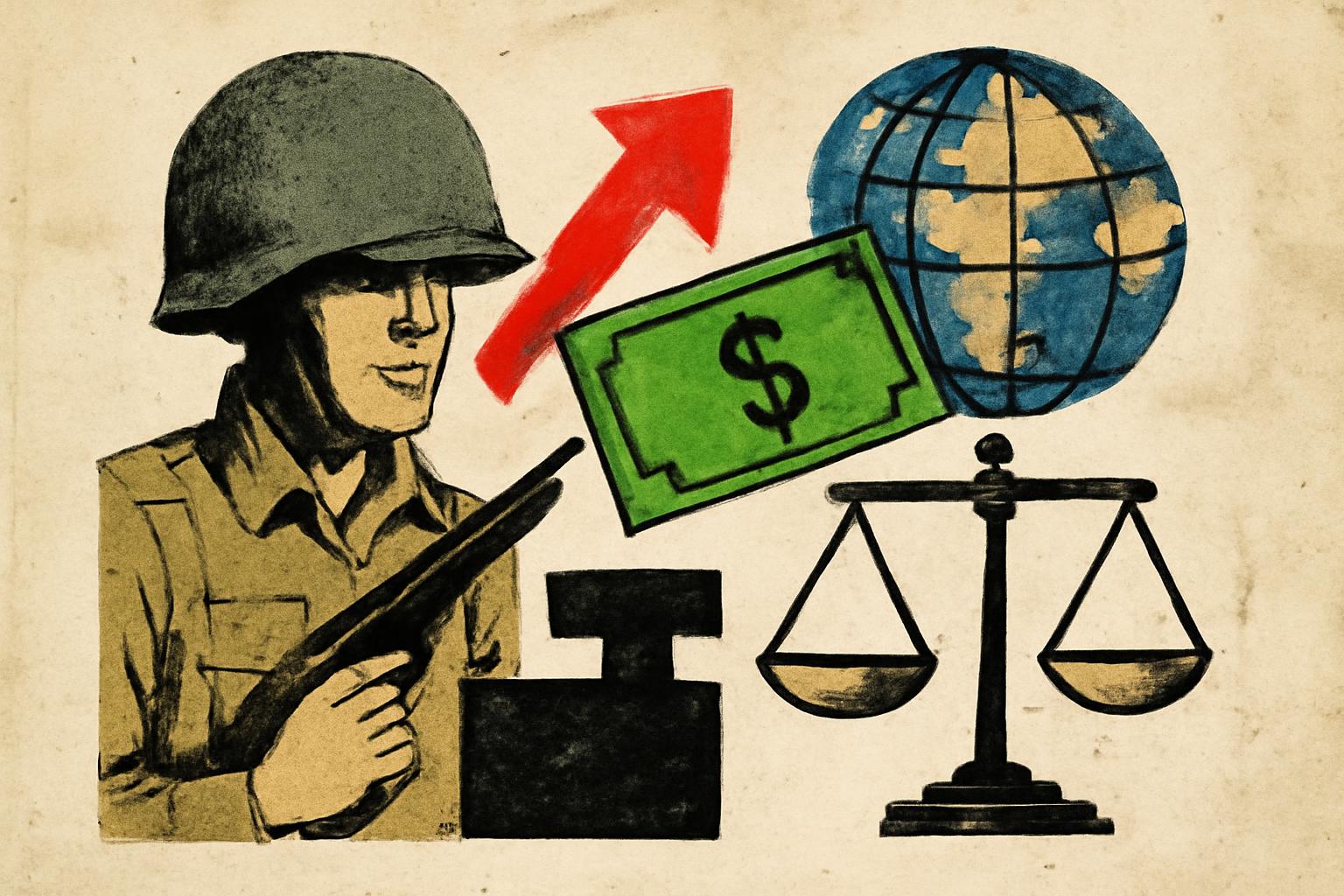Two states keep each other in a perpetual game of show of force: one insisting that violence is the only reliable way to secure peace, the other pretending that a permanent foreign presence and endless arms spending are the price of safety. The North tests air-defense systems while Washington and Seoul tiddle the see-saw of diplomacy, money, and power, all under the banner of keeping the “sphere of safety” intact. Border provocations and de-escalation steps intertwine as a reminder: where there is coercive rule and military forcing, peace remains fragile, never voluntary.
From a libertarian vantage point, this is a textbook case of the state’s self-justifying machinery turning defense into empire. Hayek would remind us that the complexity of real-world security cannot be grasped by central planners or by making grand plans from a capital city. The information needed to deter or defuse a crisis is dispersed among millions of actors, and a top-down military posture—plus the tax-and-spend machinery that finances it—crowds out peaceful discovery of better arrangements. The arms race is not a product of spontaneous order but of political coercion: governments funding, propping, and perpetuating alliances that require citizens to sacrifice wealth and liberty to sustain a precarious balance of fear.
Nozick would wage the same argument from a rights-centric angle. The minimal state, in his view, is justified only to secure individual rights; a global posture that obligates one set of taxpayers to underwrite another country’s defense, or to maintain foreign bases, is a coercive imposition on voluntary choice. The present structure turns defense into a perpetual tax and conscription-by-proxy: you pay, you finance, you defend someone else’s borders. Nozick’s entitlement theory would insist that if a defense is to be provided at all, it must be strictly consent-based and funded by those who choose to participate, not by universal compulsion or by treaties that lock generations into a foreign policy that they did not freely choose.
Rand would call this what it is: collectivist coercion backed by rhetoric about existential threats. The moral arc should run toward defending individual rights, not expanding a network of alliances that treats citizenship as mere currency in a geopolitical game. The state’s claim to monopoly on violence rests on the fantasy that fear justifies coercion; a sane, rational order would resist such mysticism. The only legitimate defense of a person or a nation is the defense of their rights, not the projection of political muscle to police a larger, coercive system.
So what should be done, if one truly distrusts the state’s monopoly on force? End the cycle of entangling alliances and mass militarization, or at least privatize the logic of defense so it can be chosen, contracted, and priced by those who bear the costs. End taxes that fund foreign bases and interventions and replace them with voluntary funding for defense by those who consent—if defense is even necessary at all in a world governed by peaceful exchange. Allow private security and arbitration markets to compete for protection and dispute resolution, with borders treated as protected property rights rather than marching lines maintained by coercive edict. Encourage free trade, open dialogue, and mutually beneficial arrangements that do not require citizens to bankroll a perpetual state of siege.
In a world where information flows, markets allocate resources more efficiently than militarized command posts. The balance of power on the peninsula might never be perfectly peaceful, but it would be more just, less costly, and more resilient if foreign policy rested on voluntary consent, voluntary defense, and the protection of individual rights rather than the imposition of a global state’s fear-driven agenda.
